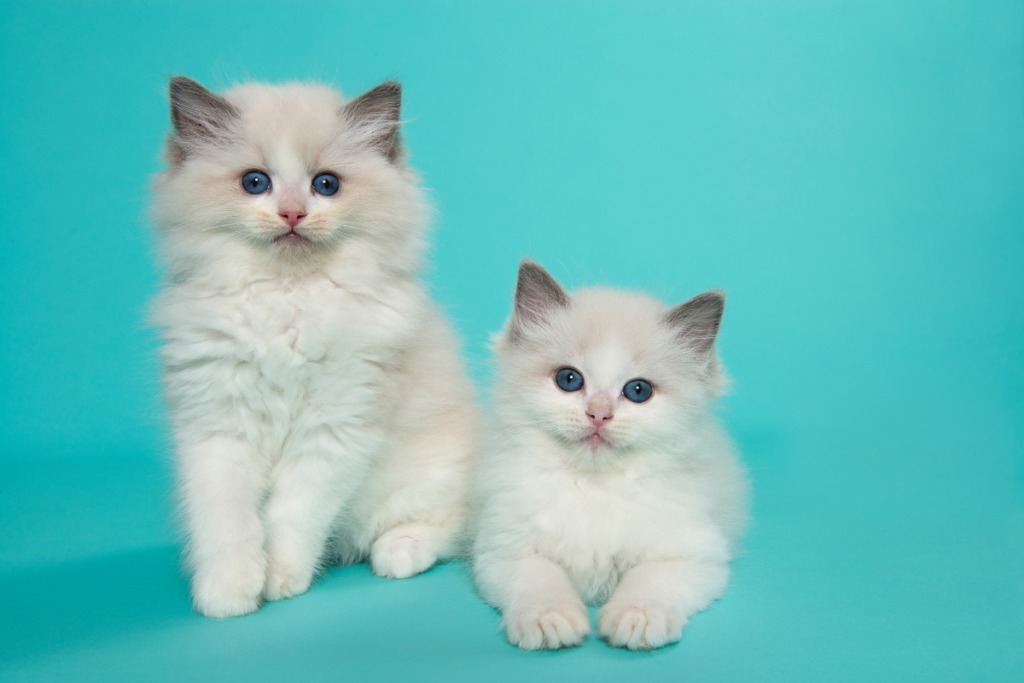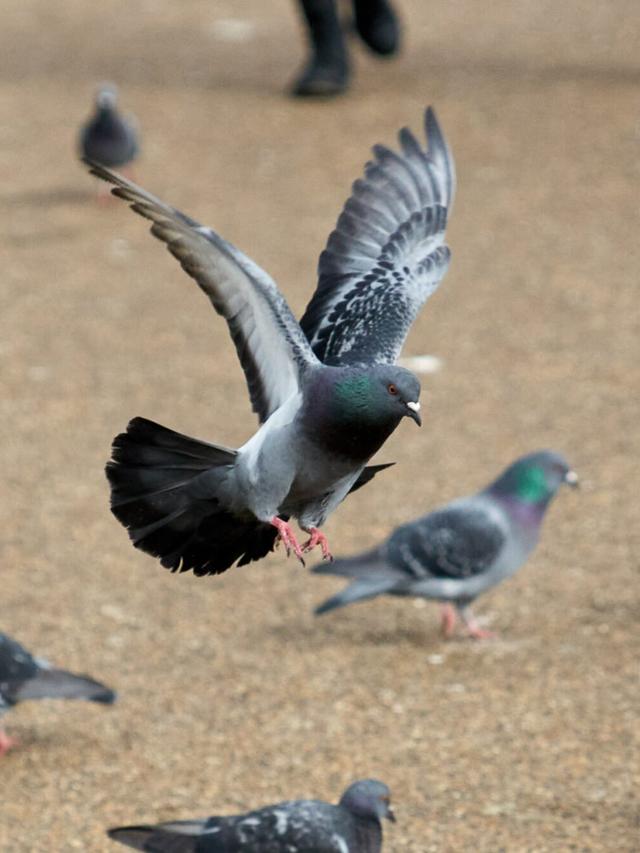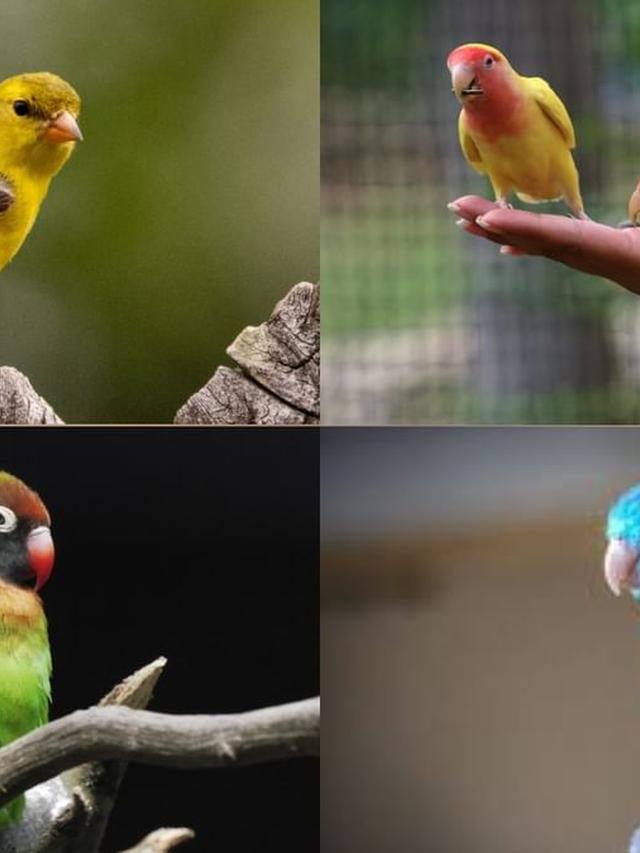Adopting a cat is a significant decision that involves more than just choosing the cutest kitten at the shelter.
The breed of cat you choose can have a substantial impact on how well it fits into your lifestyle. Cats, like people, have distinct personalities, energy levels, and care requirements.
Understanding these factors can help ensure a harmonious relationship between you and your feline companion.
This article will guide you through the process of choosing the right cat breed for your lifestyle by examining various aspects such as temperament, activity level, grooming needs, and compatibility with children and other pets.
Understanding Cat Personalities

Just like people, cats have a wide range of personalities.
Some cats are outgoing and love attention, while others are more reserved and prefer solitude.
The breed of a cat can give you some insight into its likely personality traits, although individual cats may still vary.
Outgoing and Social Breeds
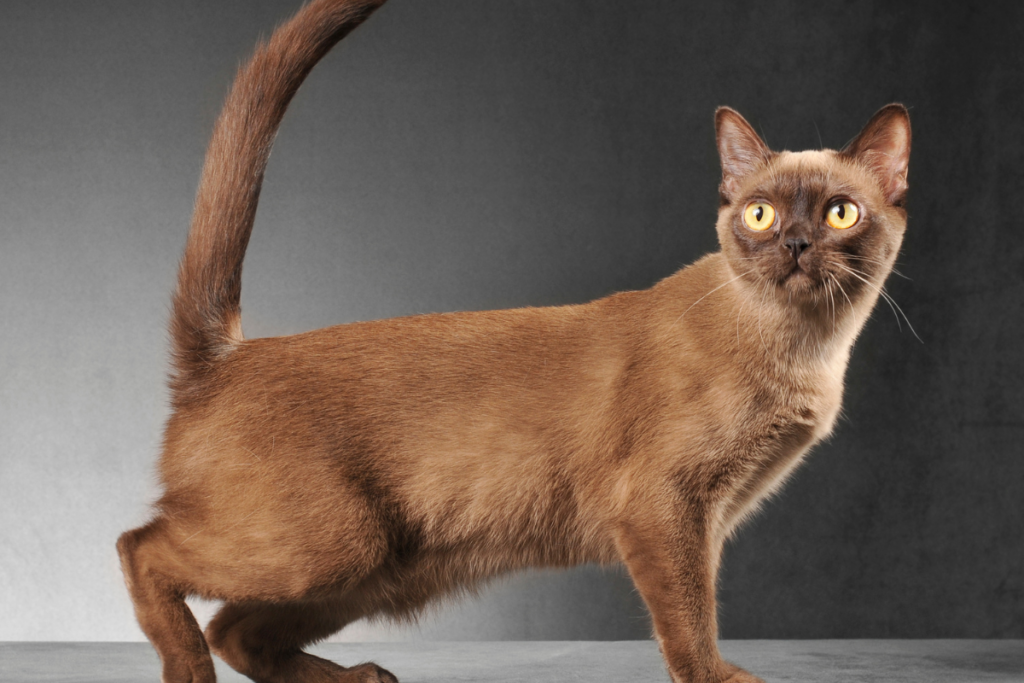
If you are looking for a cat that enjoys interacting with people and other pets, consider breeds known for their social and friendly nature.
These cats tend to be affectionate, playful, and enjoy being the center of attention.
Siamese: Siamese cats are highly social and vocal.
They enjoy being around people and are known for their playful and curious nature.
Maine Coon: Known as the “gentle giants” of the cat world, Maine Coons are friendly, affectionate, and good with children and other pets.
Ragdoll: Ragdolls are known for their docile and laid-back nature.
They enjoy being held and are very tolerant of children and other pets.
Independent and Reserved Breeds
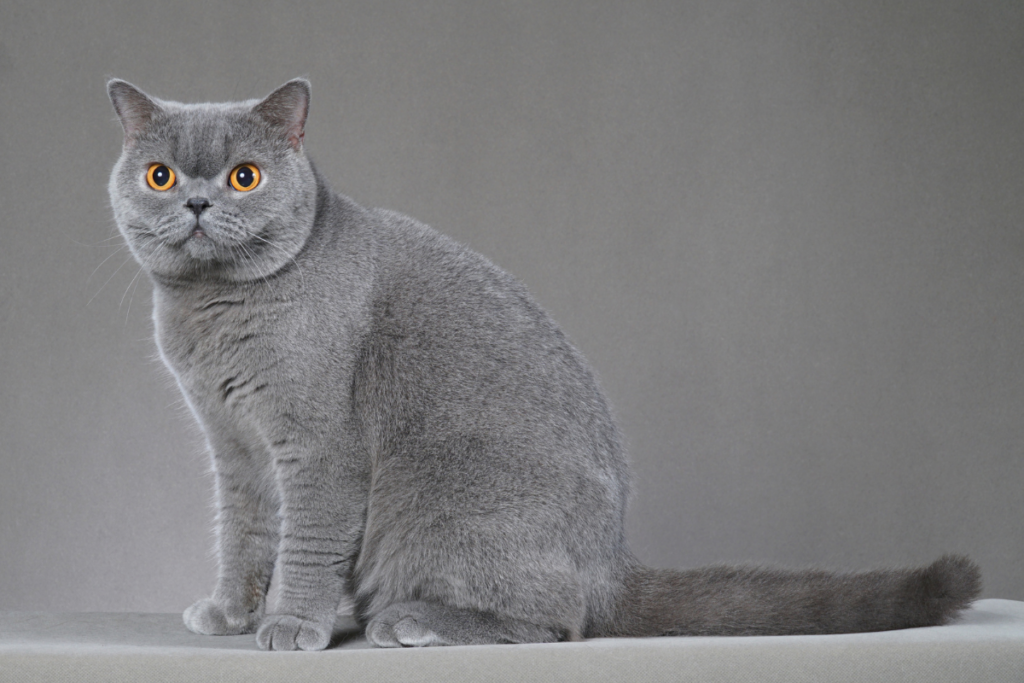
For those who prefer a more independent cat, certain breeds are known for being less demanding of attention.
These cats are often content to spend time alone and may not seek out as much interaction.
Russian Blue: Russian Blues are known for their reserved and gentle nature.
They are loyal to their owners but may be shy around strangers.
Scottish Fold: Scottish Folds are generally calm and independent.
They enjoy the company of their owners but are not overly demanding of attention.
British Shorthair: British Shorthairs are known for their easygoing and independent nature.
They are affectionate but do not require constant attention.
Activity Level
The activity level of a cat is another important consideration.
Some cats are highly energetic and need plenty of playtime and stimulation, while others are more laid-back and content with a slower pace.
High-Energy Breeds
If you enjoy an active lifestyle and can provide plenty of playtime and stimulation, high-energy breeds might be a good fit.
These cats need regular exercise to stay healthy and happy.
Bengal: Bengals are highly active and playful.
They require a lot of mental and physical stimulation and enjoy activities like climbing and playing with interactive toys.
Abyssinian: Abyssinians are energetic and curious.
They love to explore their environment and need plenty of toys and activities to keep them entertained.
Sphynx: Despite their lack of fur, Sphynx cats are very active and playful.
They enjoy interacting with their owners and need regular playtime to burn off energy.
Low-Energy Breeds
For those who prefer a more relaxed and calm pet, low-energy breeds are a better match.
These cats are generally content with lounging around and require less active play.
Persian: Persians are known for their calm and laid-back nature.
They enjoy a quiet environment and are content with minimal playtime.
Ragdoll: In addition to being social, Ragdolls are also relatively low-energy.
They enjoy being held and are content to relax with their owners.
British Shorthair: British Shorthairs are not overly active and are happy to spend their time lounging around the house.
Grooming Needs
The grooming needs of a cat can vary significantly between breeds.
Some cats require regular brushing and maintenance to keep their coats healthy, while others are more low-maintenance.
High-Maintenance Breeds
If you are willing to invest time in grooming, high-maintenance breeds can be rewarding pets.
Regular grooming helps prevent matting and keeps their coats looking their best.
Persian: Persians have long, thick fur that requires daily brushing to prevent tangles and matting.
They also need regular eye cleaning and occasional baths.
Maine Coon: Maine Coons have long, dense fur that needs regular brushing to prevent matting.
They shed seasonally and may require more frequent grooming during those times.
Ragdoll: Ragdolls have semi-long fur that needs regular brushing to prevent tangles and reduce shedding.
Low-Maintenance Breeds
For those who prefer less grooming, low-maintenance breeds are a better option.
These cats require minimal brushing and are generally easier to care for in terms of coat maintenance.
Siamese: Siamese cats have short, fine fur that requires minimal grooming.
Regular brushing helps reduce shedding, but their grooming needs are relatively low.
Russian Blue: Russian Blues have short, dense fur that is easy to maintain.
Regular brushing helps keep their coat healthy, but they do not require extensive grooming.
British Shorthair: British Shorthairs have short, thick fur that requires minimal grooming.
Regular brushing helps reduce shedding and keep their coat in good condition.
Compatibility with Children and Other Pets
If you have children or other pets, it is important to choose a cat breed that is known for being tolerant and adaptable.
Some breeds are more patient and sociable, making them a better fit for families.
Kid-Friendly Breeds
Certain breeds are known for their gentle and tolerant nature, making them ideal for families with children.
These cats are generally patient and enjoy interacting with kids.
Maine Coon: Maine Coons are gentle giants that are known for being good with children.
They are patient, affectionate, and enjoy playing with kids.
Ragdoll: Ragdolls are docile and tolerant, making them a great choice for families with children.
They enjoy being held and are very patient with kids.
Birman: Birmans are friendly and gentle cats that get along well with children.
They are affectionate and enjoy spending time with their families.
Pet-Friendly Breeds
If you have other pets, it is important to choose a cat breed that is known for getting along well with other animals.
Some breeds are more sociable and adaptable, making them a good fit for multi-pet households.
Siamese: Siamese cats are social and enjoy the company of other pets.
They are playful and can form strong bonds with other animals in the household.
Maine Coon: Maine Coons are friendly and adaptable, making them a good choice for homes with other pets.
They are known for their sociable nature and get along well with dogs and other cats.
Ragdoll: Ragdolls are tolerant and easygoing, making them a good fit for homes with other pets.
They are generally friendly and enjoy the company of other animals.
Special Considerations
When choosing a cat breed, there are a few additional factors to consider.
These include potential health issues, lifespan, and any specific care requirements that a breed may have.
Health Issues
Some cat breeds are prone to certain health issues, which can impact their care needs and overall well-being.
It is important to be aware of these potential issues and to choose a breed that fits your ability to provide appropriate care.
Persian: Persians are prone to respiratory issues due to their flat faces.
They may also be prone to dental issues and require regular veterinary check-ups.
Maine Coon: Maine Coons can be prone to heart disease and hip dysplasia.
Regular veterinary check-ups and a healthy diet can help manage these issues.
Sphynx: Sphynx cats are prone to skin issues due to their lack of fur.
They require regular baths to remove excess oil and keep their skin healthy.
Lifespan
The lifespan of a cat can vary by breed, with some breeds living longer than others.
When choosing a cat, it is important to consider the potential lifespan and ensure you are prepared for the long-term commitment.
Siamese: Siamese cats typically live 12-15 years, although some can live longer with proper care.
Maine Coon: Maine Coons have a lifespan of 10-13 years, but some can live longer with good care and regular veterinary check-ups.
Ragdoll: Ragdolls typically live 12-15 years, and with proper care, some can live even longer.
Specific Care Requirements
Some cat breeds have specific care requirements that may impact your decision.
These can include dietary needs, grooming routines, and environmental considerations.
Sphynx: Sphynx cats require regular baths and may need special care for their skin. They also need to be kept warm due to their lack of fur.
Persian: Persians require regular grooming and may need special care for their eyes and teeth.
They also benefit from a high-quality diet to maintain their health.
Maine Coon: Maine Coons benefit from regular grooming and a high-quality diet.
They may also need regular exercise to maintain a healthy weight.
Conclusion
Choosing the right cat breed for your lifestyle involves considering a variety of factors, including personality, activity level, grooming needs, and compatibility with children and other pets.
By understanding the unique characteristics of different breeds, you can find a cat that fits well into your home and lifestyle.
Whether you are looking for an outgoing and social companion or a more independent and low-maintenance pet, there is a breed out there that is perfect for you.
Taking the time to research and understand the needs of different breeds will help ensure a happy and harmonious relationship with your new feline friend.
